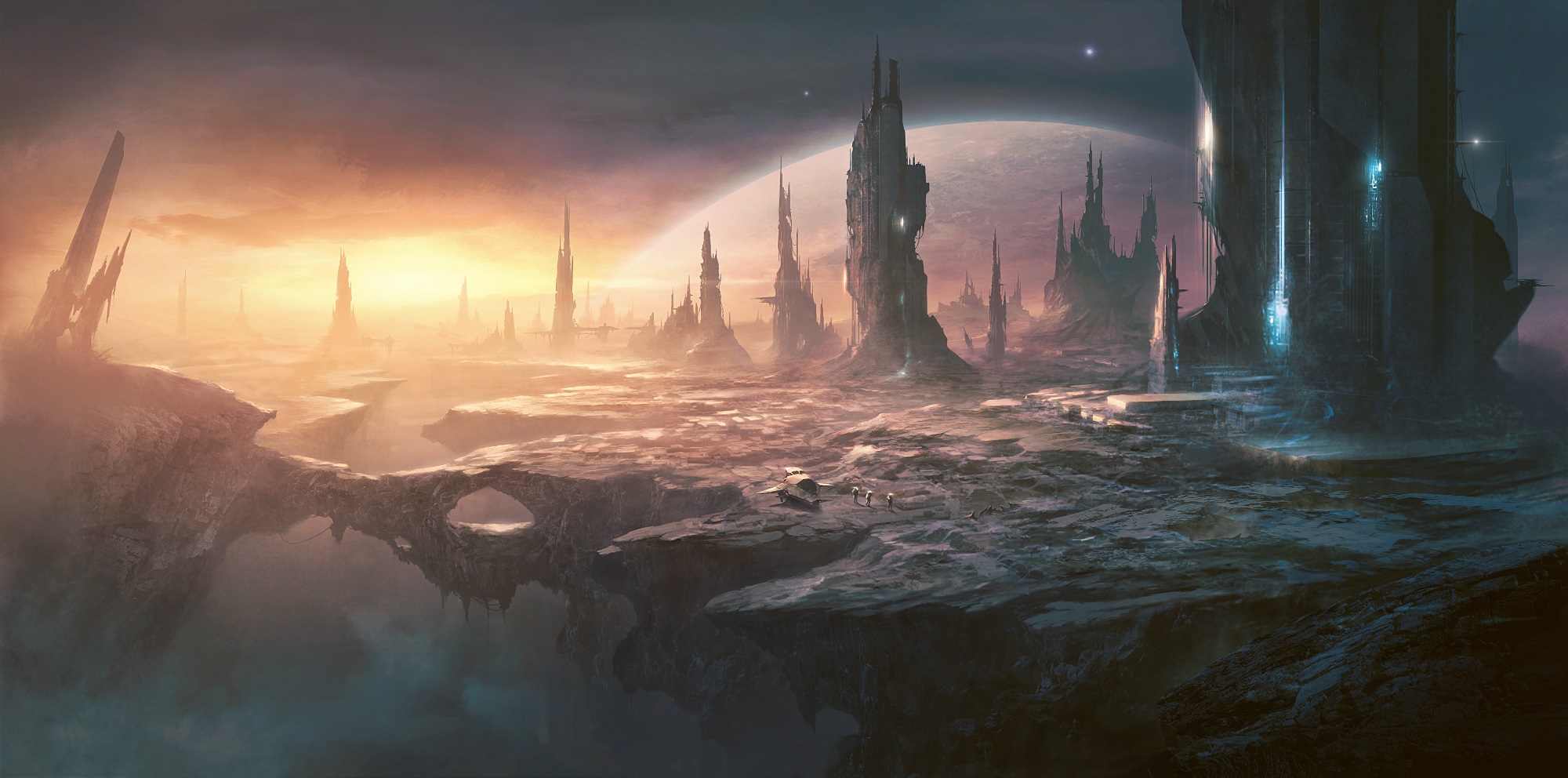Hi everyone!
Today, we will kick off a series of weekly dev diaries for our new game, Stellaris. We intend to keep feeding you with more information every week until release! This will be a while, but hopefully we won't have to resort to interns sharing their opinions on beekeeping or new snazzy shoes... Anyway, in this first entry, I thought I'd simply give you some background on the project and the vision I have for Stellaris.
So, how come we decided to make a space game of all things? Well, the idea has been kicking around the office ever since Europa Universalis II was released (we ended up making Hearts of Ironinstead.) Ah, those were the days... Now, as you may know, our ambition is to eventually cover the entire "human timeline" with our games... including the future. So, in essence, making a space game is both something that has had a lot of support internally among the developers (seeking freedom from the shackles of history) and that many of you, our faithful players, have requested over the years. When the decision to make a space game was finally made by the powers that be, I wrote two different design outlines, and the one that would eventually become Stellaris was chosen (no, I will not tell you what the other one was!)
The vision statement the for Stellaris is: "The galaxy is ancient and full of wonders." That sounds pretty vague eh? However, I think it captures the spirit of what we are trying to do, when you recall the type of games we make at PDS... I want to make Stellaris the most replayable of all of our games (which, granted, is a pretty tall order!) The galaxy should always be unknown and surprising. That is why there are no "major races" in the game, and such a great variety of discoveries you can make. In the same vein, there is no fixed technology tree - but more on that later.
Stellaris diverges from all of our other games in certain key respects:
- It is not historical.
- It features a symmetrical start.
- You start out small.
- Most of the world is unknown.
The last three points happen to be defining features of "4X" games, so - although I somewhat dislike the term - Stellaris is in many ways a 4X game; a pretty crowded niche these days. However, we are not trying to recreate classics like Master of Orion. Stellaris is quite a new and different beast, but the symmetrical, small start offers two great advantages: The game can appear deceptively simple for new players. I.e. it can have a much smoother learning curve than our infamously hard-to-learn historical games. Secondly, it allows us to focus on the first X; eXploration, which I personally feel has always been the most neglected one.
The early game is thus characterized by exploration and discovering the wonders of the galaxy. We have put a lot of effort into making this part of the game feel fresh and unique every time you play. Then you start coming into contact with rival space-faring races and soon you reach the mid game, when there is not much left to colonize and your easy expansion grinds to a halt. At this point, the map stabilizes into the Stellaris equivalent of the world map in Europa Universalis, and the stage is set for a classic Paradox Grand Strategy experience...







